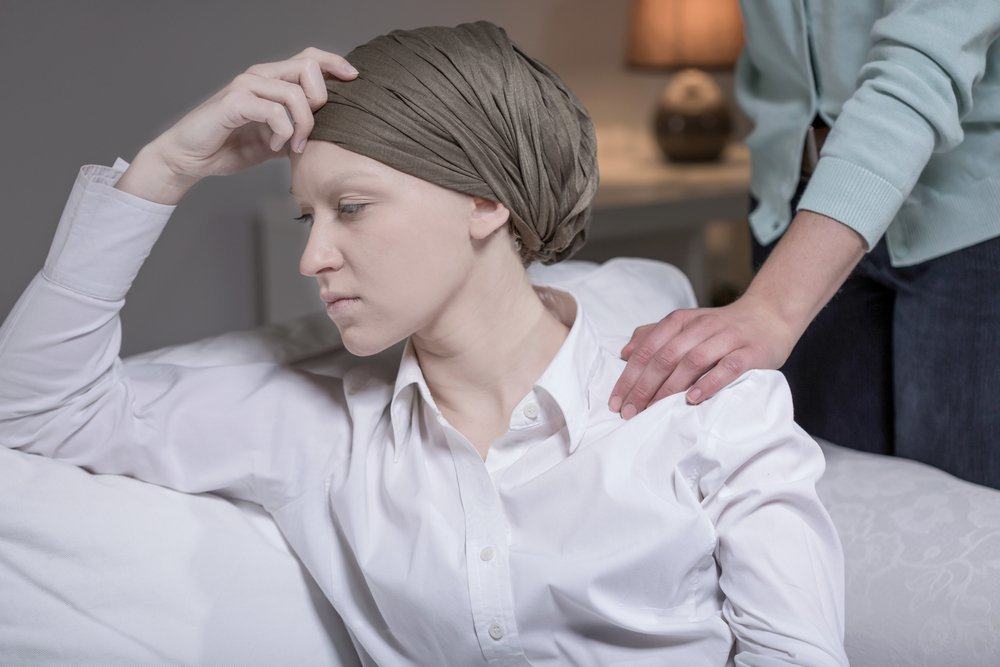Contents:
- Medical Video: Lupus Treatment
- What causes lupus?
- Can lupus heal?
- Commonly prescribed medicines for managing symptoms of lupus
Medical Video: Lupus Treatment
With so much research around lupus and the sophistication of modern medical treatment, it seems natural to wonder if there are panacea that makes lupus heal forever. Because lupus is episodic or recurrent, which makes lupus symptoms sometimes "disappear" but reappear if triggered by something. No doubt, lupus can hamper the quality of life of people who have it.
Is it true that lupus can be completely cured?
What causes lupus?
Lupus is a condition of chronic autoimmune disease, in which the body's immune system attacks the body's own healthy tissues and organs. This causes a continuous level of inflammation.
Indirectly this disease can affect almost every part of the body such as the heart, joints, brain, kidneys, lungs and endocrine glands. Lupus symptoms are also very similar to many other health conditions such as thyroid disorders, Lyme disease and fibromyalgia. Therefore, lupus can be very difficult to diagnose.
Can lupus heal?
As explained above, lupus is a type of chronic autoimmune disease. This means that this condition you will have for life. The good news is that lupus can be managed well to improve the quality of your life. There are a number of treatments, including simple things you can do every day, which can make a big difference.
Remember, lupus attacks differently for everyone. So, prescribed treatments and treatments will be different according to their individual needs. For cases of mild lupus, medications can include painkillers and anti-inflammatory drugs.
For more severe lupus, for example if you have attacked your internal organs, your doctor will prescribe stronger drugs to regulate your immune system while protecting organs such as the kidneys, heart and lungs from further attacks.
If you have lupus, you will usually be treated by a rheumatologist, a specialist in internal medicine who specializes in joint and muscle disease. But, if lupus has caused damage to certain organs, maybe the doctor will refer you to another specialist.
Commonly prescribed medicines for managing symptoms of lupus
There is no panacea that can instantly cure lupus. But you can improve your condition by early diagnosis and drinkingcertain medications prescribed by your doctor to prevent damage to organs that are attacked by lupus.
There are many categories of drugs that doctors use to treat lupus. However, the Food and Drug Administration in America, only approves a number of specific drugs for lupus, including the following:
- Corticosteroid drugs, including prednisone, prednisolone, methylprednisolone, and hydrocortisone
- Antimalarial drugs, such as hydroxychloroquine and chloroquine
- Belimumab monoclonal antibody drug
- Acthar drug (repository corticotropin injection), which contains a natural ocurring hormone called ACTH (adrenocorticotropic hormone)
- Aspirin medicine
- And various other drugs such as non-steroidal anti-inflammatory drugs (NSAIDs), immune modulation drugs (immunosuppressive), and anticoagulants
But usually, it takes months to years to find the right drug combination to control your lupus symptoms. Therefore, managing lupus is a lifelong commitment.
In addition to prescribing medication, your doctor will develop a treatment plan based on your age, symptoms, medical history, and lifestyle. The purpose of each treatment plan is to:
- Reduces inflammation in the body caused by lupus
- Suppresses your overactive immune system
- Control symptoms such as joint pain and fatigue
- Minimizing damage to body organs












